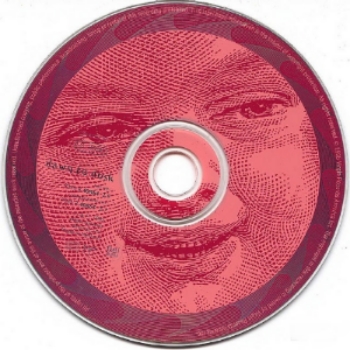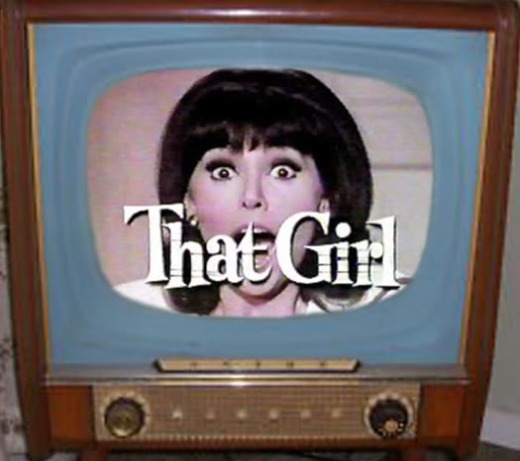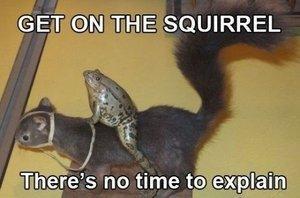
Lately I’ve been asking myself this question over and over: what came first, the feminism or the problem?
Clearly, I don’t mean that feminism is creating problems rather than addressing or tackling them. Clearly, as a woman, I am well acquainted with the problems my gender encounters and has encountered for as long as women have existed. Feminism arose out of the need to educate ourselves, empower one another and fight for our rights as human beings after centuries of unfair treatment.
What I mean is, does feminism teach me to see problems where previously I saw none? Am I smarter because of feminism, or am I just more defensive? What am I truly learning the more I read about feminist issues and concerns?
I recently read a post that addressed the problems concerning men complimenting women on their looks. This post led me down a rabbit hole of similar posts that tackled various aspects of the same problem. It couldn’t have come at a more poignant time in my life. A couple of weeks ago I was walking down the street in downtown Austin when a man began to walk beside me. He proceeded to compliment me– “You look great,” he said– and insisted on establishing an exchange between us. When I refused to acknowledge him or make eye contact he said to me “I’m not going to abuse you.” My response was to finally make eye contact with him (because I was perplexed and couldn’t look away any longer) and give him a weak smile. That encounter still bugs me and my reaction disgusts me. But it was an awkward situation and I felt pressured to react. Hence, discussing the problems surrounding men– strangers, specifically– complimenting women is particularly relevant to me at this time.
Sure enough, another example of this problem surfaced last week. A co-worker of mine was telling me and one of our male co-workers how a stranger approached her to talk about her shoes. She has a habit of wearing extravagant high-heels, and this man decided not only to address her choice of shoe, but to tell her that she was good-looking no matter what kind of shoes she chose to wear. She related this story to us with a tone of amusement. My male co-worker responded by telling her that her shoes are the first thing people notice about her. My response was to shake my head in disapproval.
Where exactly does my disapproval come from? Inherently, I do not like encounters with strange men. Additionally, I do not want attention from strange men, even if it comes in the form of a “compliment.” I do not want to know what a strange man thinks of how I look, and I do not care for an exchange in which it is clear he has judged me and he is informing me of the verdict. That is something I feel no matter what article I have or have not read. However, posts like the one I mentioned go way beyond your inherent reaction. They add so much more to it, they put it in such a large context with such wit and fervor that what starts as a natural dislike turns into vehement disgust. Now I absolutely hate and am absolutely against the concept of unsolicited compliments from strange men in all cases instead of simply finding it off-putting in most cases. I now find it violating instead of just eye-roll worthy. My co-worker clearly hasn’t read the same things I have, and now I feel like letting her know that she should never be amused by such an encounter. She should hate it and react like a viper next time it happens.
Is that true, though? Is that kind of thing absolutely unacceptable, hands down? And where do we draw the line? My current workplace offers a plethora of situations that trigger the Fem Police in me more often than other places where I have worked. But is that because I am better educated than I was before? Or am I just more defensive and cynical? Compliments for females in my workplace abound. My female co-workers are constantly complimented on their looks and disposition. “Sweet” and “beautiful” are words that are constantly thrown around– in the direction of one co-worker specifically, but then to the rest of us by association. The more it happens, the more I wish it would stop happening. But should I get that stick out of my ass and just enjoy it or should I continue to hold my lonely post as apparently the most cynical and joyless person at the company? What am I gaining (and sacrificing) by insisting on holding up the banner of feminism and propriety when everyone else fails to see the problem?
This morning a mechanic came to my workplace to replace the windshield on my car. When I came out to the car, he evidently was not expecting a not-so-shabby young woman in a hip young outfit (if I must say so myself) to come to greet him. He stammered, smiled at me, shook my hand and told me I had a beautiful name. From then on out, he would switch his demeanor between professional and slightly playful when addressing my questions and concerns. He smiled at me a little too much. Of course, if I had been a man, he would’ve remained professional and I seriously doubt he would’ve attempted to use “cute” humor. So what am I expected to feel in that situation? In order to uphold feminist ideals, should I always be disgusted and offended? I mean– I was a little grossed out and wanted it to be over with as soon as possible. I definitely found the encounter to be eye-roll worthy. But is that enough?
I am weary of any stance or philosophy that can be summed up by the bumper-sticker rationale of “if you’re not outraged, you haven’t been paying attention.” That is the goal post that guides me when examining any ideology– not just feminism. I don’t want to be outraged all the time. I don’t want to to be so indignant that I forget that we are all just dumb human beings. I don’t want to be so disgusted that I forget to have empathy for people and start blaming individuals for problems they inherited from society at large. However, I don’t want to be so lenient that I contribute to social ignorance and perpetuate habits that damage and marginalize others. I want to be educated but I would also like to continue wearing my “Ignorance is Bliss” t-shirt (I don’t have any such t-shirt). I want to learn more about feminist issues and be a proactive member of society but not at the expense of my mental peace and ability to relate to my fellow humans– men and women alike.





